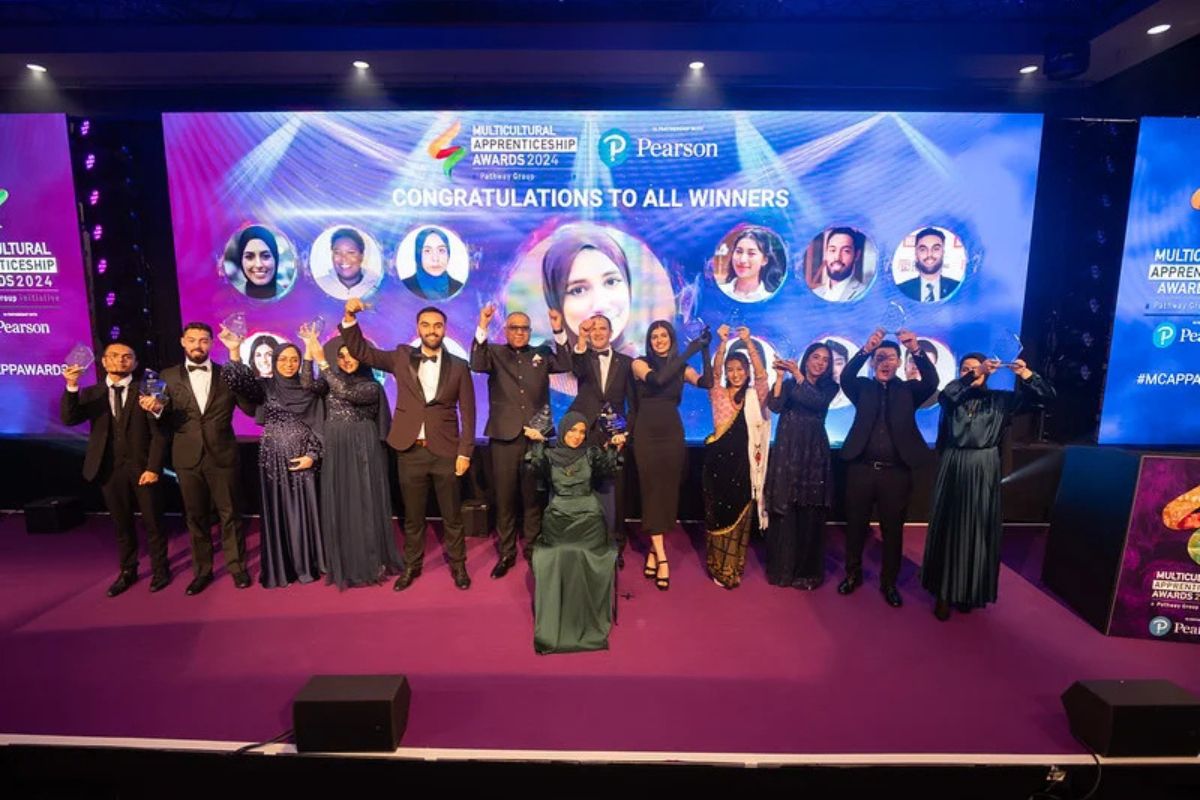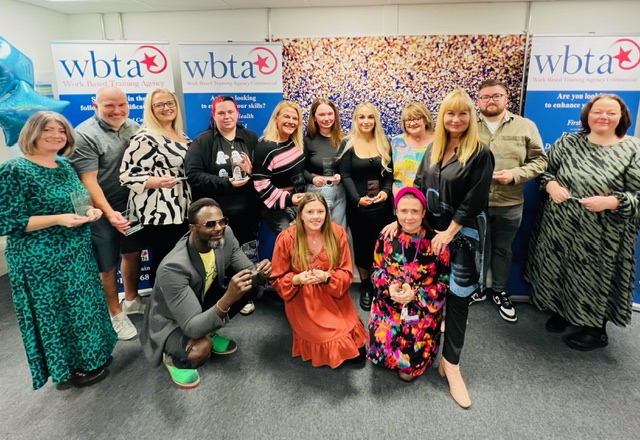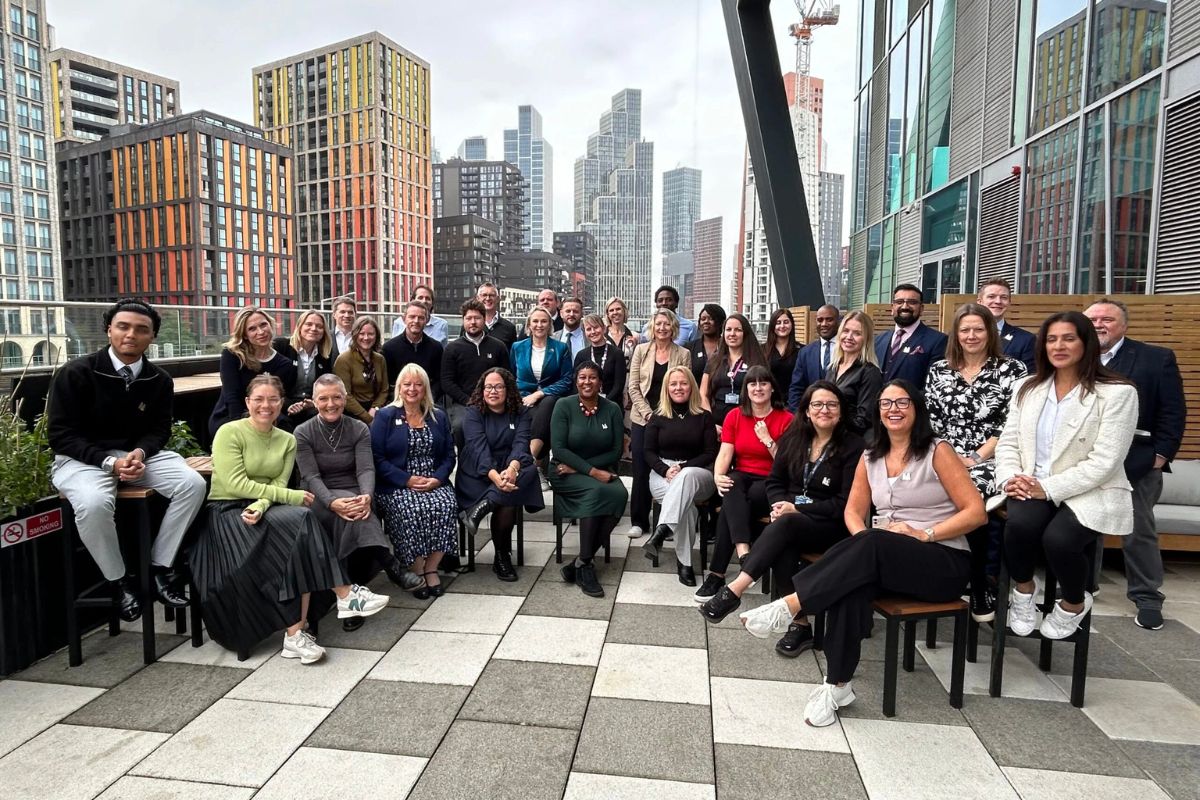Workers at less than a third (29%) of tech firms miss out on hyper-personalised digital employee experiences, reveals Applaud
Applaud, the leading workforce experience layer, today reveals that less than a third (29%) of technology firms offer hyper-personalised digital employee experiences, and the average across other industries combined is less than 10%.
The findings come from the second edition of “The Digital Employee Experience Trends Report 2022”. This report captures insights from nearly 200 HR leaders across numerous industries to understand how they have tailored digital employee experiences (DEX) in 2021. It also looks at their plans for 2022 in regards to how they will strengthen their DEX.
The results reveal that, while technology firms are paving the way when it comes to offering employees hyper-personalised digital experiences, there is still work to be done. With adoption across other industries remaining relatively static, organisations still suffer the risk of alienating their employees. Legacy workplace technologies are harder to implement and take longer than expected to roll out.
This is backed up by further findings that show nearly half (48%) of organisations are not able to update their HR portals without support or developers, with only 31% able to update some parts independently of IT or developers. Thankfully the trend towards low and no-code applications is breaking down technology barriers for non-technical people, enabling organisations to set-up and use technology faster.
Leading businesses are using hyper-personalisation to intentionally design a better DEX, helping them to keep hold of their employees and attract the best talent. However, despite the known benefits of this type of personalisation, 63% of organisations went as far as to reveal that they offered no individual personalisation in their DEX whatsoever.
Peter Wallace, Managing Director of HR Solutions, Capita comments on this trend, “Consumerism of the employee experience and a digitally mature workforce, are all challenging organisations to think differently about how to achieve efficiencies.
“Smart organisations realise that a workforce engagement strategy is built on doing the basics brilliantly. The employee experience of key events such as joining, being promoted, and even payday, should be effortless and efficient. Personalisation is vital: one size does not fit all. Use of AI in the HR process can help embed this.”
Mark Adam, Chief People Officer, Ministry of Justice says “People’s expectations of work are changing. Our commitment to employ people who want to make a difference, feel included and are able to be at their best means that we need to be able to meet them where they are. We have to be more insightful, more responsive, more tailored in our offer and drive creativity in how we bring our staff their HR experience through our leadership, our policies and our technology.”
Duncan Casemore, CTO and Co-Founder, Applaud says “The past 18 months have seen the world of work evolve. It’s become one where hybrid and remote working have rapidly become the norm and where everything now revolves around the experience you provide your employees. As their wants and needs continue to develop businesses need the right technology in place to provide hyper-personalisation.
“HR leaders must be able to act with agility and proactivity when it comes to communicating with and updating employees over the coming year. The ability for HR teams to deliver personalised and relevant information to employees through their work tech will become even more important than ever this year.”
Additional trends identified in this report are the rise of the a mobile-first workplace, anywhere working is here to stay and employers must do more to manage employee burnout. The full report can be downloaded here.











Responses